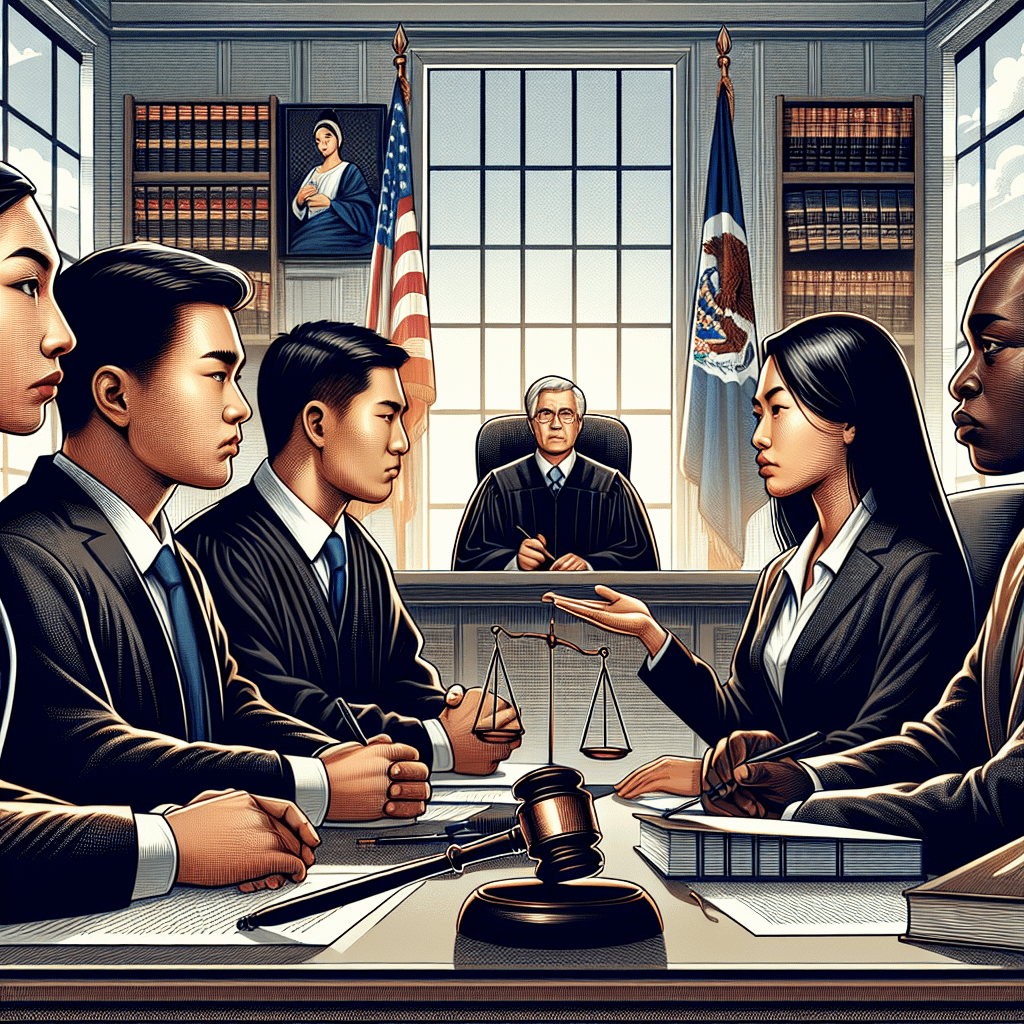Getting arrested for a crime you didn’t commit can be a frightening and confusing experience. It’s normal to feel overwhelmed, but it’s essential to know that you have rights designed to protect you. Let’s break down what those rights are and some crucial steps you can take to navigate this stressful situation.
Your Right to Remain Silent
One of the most fundamental rights you have upon being arrested is the right to remain silent. This is part of the Miranda rights, commonly recited by police officers upon arrest. The idea is straightforward: anything you say can and will be used against you in court. You don’t have to answer questions or explain your situation on the spot. Instead, you can politely inform the officers that you choose to exercise your right to remain silent until you have legal representation.
Example: Imagine you’re arrested for a burglary you didn’t commit. An officer wants to know where you were on a specific date. You might feel tempted to explain, but it’s safer to remain silent until you have a lawyer.
Your Right to an Attorney
Another crucial aspect of your rights is your entitlement to legal representation. If you can’t afford an attorney, one will be provided for you, often known as a public defender. Having a lawyer is critical because they understand the legal system’s complexities and can help protect your rights effectively.
Practical Tip: Contact an attorney as soon as possible. Don’t try to handle things independently; a legal expert can offer guidance, negotiate with prosecutors, and represent your interests in court.
Presumption of Innocence
Innocent until proven guilty—this principle lies at the heart of the American criminal justice system. It’s the prosecution’s job to prove your guilt beyond a reasonable doubt. Until then, you’re presumed innocent. However, this doesn’t mean you won’t face challenges, such as pre-trial detention, which can occur if a judge determines you’re a flight risk or a danger to the community.
Right to a Fair Trial
If your case goes to trial, you have the right to a fair and public proceeding. This means you can present evidence, call witnesses, and cross-examine the prosecution’s witnesses. A jury of your peers or a judge will determine the outcome, depending on the specifics of your case and preferences.
Common Scenario: Let’s say you have an alibi for when the crime occurred. Your lawyer can present evidence and witnesses to support your alibi during the trial, which could be key to proving your innocence.
The Right to a Speedy Trial
Although the justice system can be slow, you have a right to a trial without undue delay. This helps prevent indefinite pre-trial detention and ensures that your case is resolved reasonably promptly. However, delays can occur for various reasons, such as gathering evidence or scheduling conflicts. Your attorney can advise you if you feel your right to a speedy trial is being violated.
Avoiding False Confessions
Under pressure, some individuals might feel the need to confess to crimes they didn’t commit, especially during intense interrogation sessions. Always remember that you don’t have to admit guilt or provide a confession. If you’re anxious about interrogation tactics, make sure to have your lawyer present during any questioning process.
Final Thoughts and Practical Steps
1. Stay Calm and Polite: Interactions with law enforcement can be stressful, but it’s important to stay calm and courteous. Avoid resisting arrest, as doing so can lead to additional charges.
2. Document Everything: If possible, write down everything you remember about your arrest and any interactions with the police as soon as you can. Details can be significant in building your defense.
3. Inform Someone You Trust: Make sure to inform a family member or friend about your situation. They can help support and coordinate with legal aid on your behalf.
Navigating the criminal justice system can be daunting, especially when wrongly accused. However, by knowing and exercising your rights, and seeking proper legal assistance, you put yourself in the best position to clear your name and demonstrate your innocence. Remember, you are not alone, and help is available.








